Graham Reid | | 2 min read
Dwight Twiller Band: Sleeping
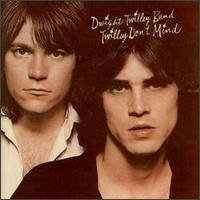
The wonderful, and possibly apocryphal, story about this band is that Dwight Twilley and Phil Seymour went to see the Beatles' film A Hard Day's Night together in 1967 -- a bit late when you think it was released three years previous -- and immediately decided to form a band.
It would be equally wonderful to report they were an overnight success, but in fact -- aside from the '75 single I'm On Fire -- their short career was dogged by problems with their label, and their two albums Twilley Don't Mind ('75) and Sincerely ('77) were both commercial failures.
Inevitably they split up.
But their albums are glistening examples of power pop, a kind of post-Beatles pop-rock which is by definition almost exclusively white guitar music (it owes nothing to funk or soul), comes with memorable choruses and hooks, doesn't shy away from vocal harmonies, probably has a tidy guitar solo, and is pumped up for FM radio or concert halls.
Think the Beatles' Daytripper or the Searchers' version of Needles and Pins with a little more oomph and you've got power pop.
The Dwight Twilley Band also factored in something else: a kind of Buddy Holly echo on their mid-paced rockers, and some gorgeous Everly Brothers harmonies on their world-weary and affecting Lennon-like ballads.
Power pop is a sub-genre that doesn't have much place on radio these days but it is still out there.
Let this album be your guide into an effortless and almost alphabetical journey into its origins: after the Beatles came Badfinger, the band that McCartney produced, were on the Beatles' Apple label and appeared with George Harrison at his Concert For Bangaldesh. (Their story is even more tragic than that of the Dwight Twilley Band.)
The other big B of power pop at that time was Big Star from Memphis (three essential albums: #1 Record, Radio City and Third/Sister Lovers); then you are into Cheap Trick who were the real banner-wavers for the style. Their first three albums Cheap Trick, In Colour and Heaven Tonight are all energetic examples of cynical power pop and their Live At Budokan from '78 should be in any sensible record collection. They also released a pumped-up, note perfect live version of Daytripper.
Then feel free to wander the halls of power pop checking out Cherry Twister, Gin Blossoms (sole hit in '96 Follow You Down); the Greenberry Woods; Tommy Keene; the Shoes; and the Searchers (the Sixties British band who made a stunning but seldom heard comeback album in '70, Love's Melody, after their fans the Ramones convinced Sire Records to take them on).
Then you are into Matthew Sweet; early Tom Petty before he went all soft after the Traveling Wilburys; the McCartney-like solo album by Phil Seymour from the Twilley Band (who died in '93); Dwight's long solo career; Velvet Crush; the Wannadies from Sweden . . .
Your journey through the air-punching pop and sometimes melancholy ballads of power pop could well begin with this album by the Dwight Twilley Band, a true classic of the power pop genre.
These Essential Elsewhere pages deliberately point to albums which you might not have thought of, or have even heard . . .
But they might just open a door into a new kind of music, or an artist you didn't know of. Or someone you may have thought was just plain boring.
But here is the way into a new/interesting/different music . . .
Jump in.
The deep end won't be out of your depth . . .

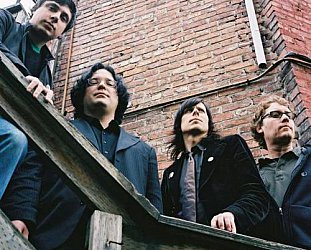


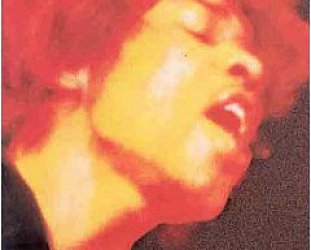
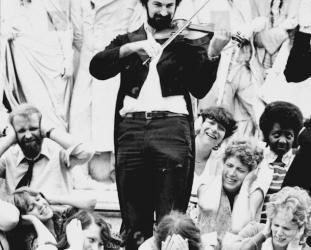
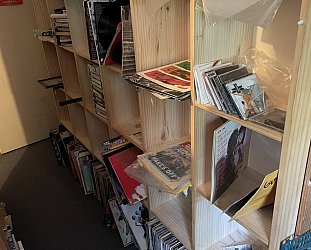
Mike Rudge - Mar 22, 2016
Agree this is a terrific power pop album. I would also recommend the more successful Raspberries and my personal favourite The Plimsouls
Savepost a comment